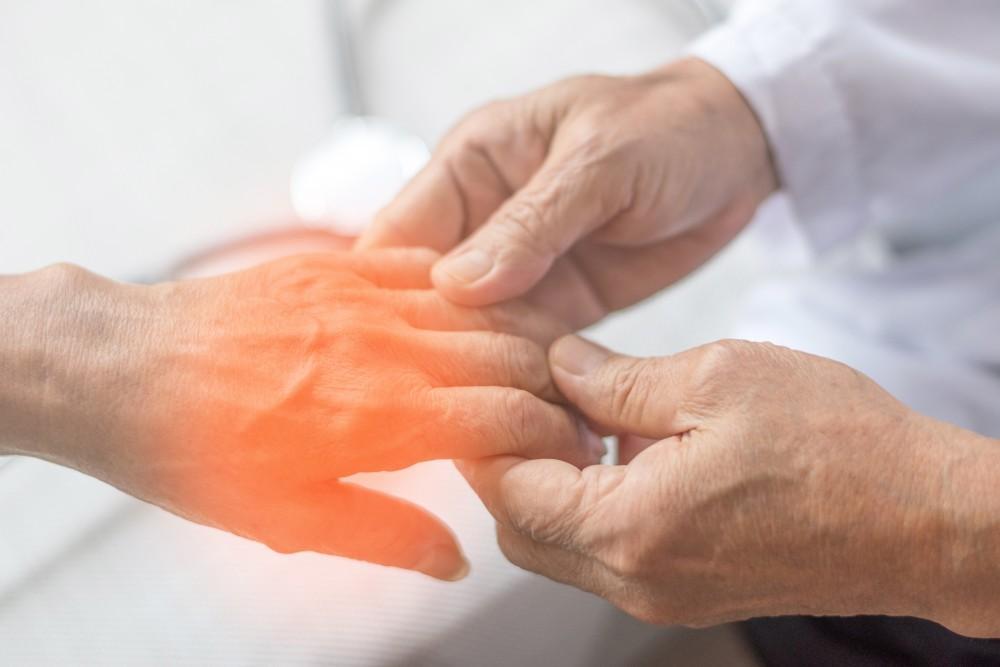The high-stress, sedentary lifestyle common in the U.S. can often make it hard to notice subtle changes in our bodies. From unusual tingling to numbness or even unfamiliar aches, these sensations may seem harmless at first, but could be your body’s way of signaling something deeper. Often, these changes act as warning signs, urging us to pay closer attention to our health. Being proactive and curious about what these sensations mean can help you catch and address potential issues early.
Here’s a closer look at some common body sensations, what they might indicate, and how to respond.
Tingling or Numbness
The sudden onset of tingling, often described as “pins and needles,” is something many people dismiss. While it can occur simply from sitting in a position that compresses a nerve (like crossing your legs for too long), persistent tingling or numbness may indicate nerve-related issues.
Possible Causes:
- Carpal Tunnel Syndrome: Often experienced in the hands or fingers, this results from pressure on the median nerve and is common in those with repetitive wrist movements.
- Peripheral Neuropathy: Typically caused by diabetes, this condition affects nerves in the extremities, such as the feet and hands, leading to a burning or tingling sensation.
- Vitamin Deficiency: Low levels of vitamin B12 can disrupt nerve function and cause tingling.
What to Do:
If the sensation is short-lived and goes away after adjusting your position, it’s likely benign. However, recurring or prolonged numbness, especially if it spreads, warrants a doctor’s visit to rule out nerve issues or circulatory problems.
Burning Sensation
A sudden or lingering burning sensation isn’t always associated with external heat. Internally, it can result from problems like nerve damage or skin conditions.
Possible Causes:
- Acid Reflux or GERD: A burning sensation in the chest or throat often points to these digestive concerns.
- Nerve Compression: Conditions like sciatica or herniated discs can cause burning pain radiating down the legs or arms due to nerve irritation.
- Rosacea or Skin Sensitivities: If the burning is on the skin, it might be caused by inflammation or reactions to external irritants.
What to Do:
For digestive-related burning, track your diet and avoid trigger foods. For skin issues, try calming lotions or seek advice from a dermatologist. Consistent burning sensations, especially ones tied to movement, should prompt a visit to a medical professional.
Sudden Weakness
Moments of unexpected muscle weakness may feel alarming, and they can have multiple potential causes, some of which need urgent attention.
Possible Causes:
- Dehydration or Low Blood Sugar: Both can lead to temporary weakness, particularly after physical exertion or prolonged fasting.
- Stroke: If weakness appears on one side of the body, combined with slurred speech or facial drooping, call 911 immediately.
- Multiple Sclerosis (MS): Persistent weakness paired with fatigue or impaired coordination could suggest an underlying neurological condition like MS.
What to Do:
Rehydrate and nourish your body if you suspect simple causes like dehydration. However, sudden, severe weakness demands immediate medical care.
Changes in Sensitivity
Becoming overly sensitive to temperature, pressure, or light touch can be concerning. These shifts often involve sensory nerves or the nervous system more broadly.
Possible Causes:
- Fibromyalgia: This chronic condition amplifies pain perception, causing ordinary sensations to feel exaggerated.
- Shingles: Increased skin sensitivity paired with blisters often signals this viral infection.
- Central Sensitization Syndrome: This neurological condition makes the brain hypersensitive to stimuli, creating unusual sensitivity.
What to Do:
Start by discussing your symptoms with your healthcare provider, who may conduct tests to identify the root cause and recommend treatments, such as physical therapy or medications.
Conclusion
Don’t ignore what your body is trying to tell you. If in doubt, consult a healthcare professional to investigate and address symptoms before they escalate. After all, your body knows best; it’s just up to you to listen!




